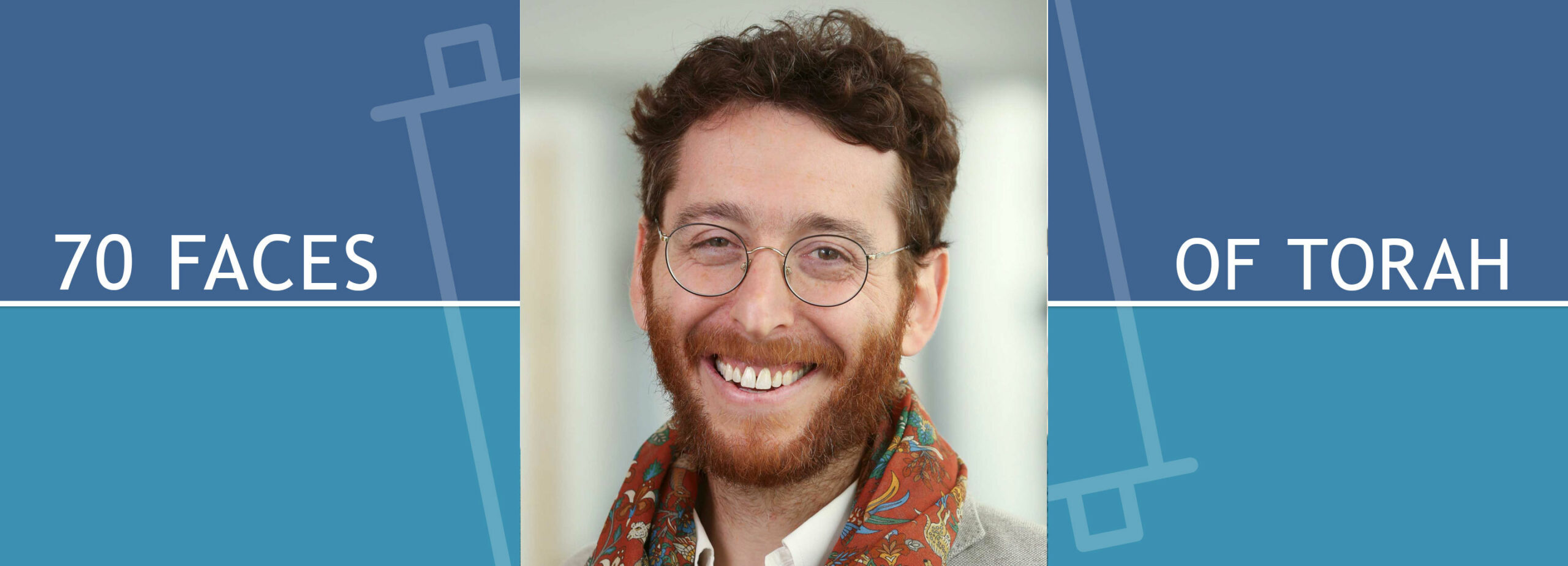Leviticus Speakers of Infinity and Finitude

Parashat Emor (Leviticus 21:1-24:23)
A few weeks ago, my mother sent me the novel A Wizard of Earthsea by Ursula K. Le Guin. One wizard from that book in particular has been pouring through my mind ever since. His name is Ogion. He says things like
to hear one must be silent,
then spends his life wandering the woods and mountains alone, wordlessly listening to the shape of unity, the language and life that blossom out of this unity.
Images of wizardly hermits like this set my daydreaming mind on fire – not only because I like the idea of being so consistently close to forests, pines, rocks, sky, but because I like the idea of absenting myself from a world that demands I produce thoughts on cue and spin them into words.
Over and over, Le Guin focuses our attention on how – when thoughts come to wizards like Ogion and they do transform these thoughts into language, their words are not frenzied or groping, stammering or appeasing or diffuse. On the contrary, when wizards like Ogion speak, they do so because some swirling bit of Infinity has presented itself to them, has demanded that it be bordered up into a discrete form, then transmitted to others. As a result of a wizard’s carrying Infinity into language, the people who hear him lose their sense of loneliness, division and alienation. For the wizard’s words contain within them slivers of wholeness, warps and woofs – weaves – of connection.
Set against Le Guin’s depiction of Ogion, the image of the Hasidic Tzaddik as offered by Menahem Nahum of Chernobyl (an 18th century Hasidic Tzaddik himself) takes on a rather striking cast. In the following piece, Menahem Nahum describes the wizardly craft of Joseph from Sefer Bereshit:
“And he made for him a coat of many colors.”
Although we normally read the pronouns of this verse as referring to Jacob and Joseph (i.e., and Jacob made Joseph a coat of many colors), the truth of the matter is that Joseph made a coat of many colors for God. But in what sense?
A “coat” here refers to words. For Joseph, standing upon the shore of the Primordial Sea of Wisdom, carried bits of this ocean into language, garbing the Infinite Sea of God within the finitude of words.[1]
For Menahem Nahum, Joseph becomes akin to Ogion. His language serves to slice off bits unity, then convey these bits of unity to the world. If one’s language does not convey this sense of Unity, this sense of Infinite, Primordial Sea, better to not speak them at all. Better to just wander the forests and mountains, watching silence, waiting for words to body themselves forth.
This week’s parashah, which begins with the command to speak (“emor!”), concludes with a figure who stands in stark contrast to Le Guin’s Ogion and Menahem Nahum’s Joseph. Unnamed, this figure is simply referred to as המקלל – the blasphemer. Watch carefully what this unnamed figure does to the Infinite nature of God:
And into the midst of the children of Israel, the son of an Israelite woman and Egyptian man went out.
And this son of the Israelite woman fought in the camp with an Israelite man.
And this son of the Israelite woman broke into (ויקב) the Name of God and blasphemed (Lev. 24:10-11).
This action of “breaking into” the name of God, a word which in Biblical Hebrew carries the connotations of perforation, puncturing, hollowing out, boring into, runs in an opposite direction to the work of a wizard. Whereas a wizard’s work is to encounter God’s unity, translate this unity into language, then carry this language out into community, the blasphemer bores into and perforates the community first, then uses words to bore into and perforate God. How do God and the community respond to such blasphemous behavior? Not well:
And God said to Moses…
“Bring the blasphemer to the outside of the camp. Let all the hearers lay their hands upon his head. Let all the congregation pelt him with stones until he remains lifeless” (Lev. 24:13-14).
Evidently, neither God nor Moses are able to integrate the rage, the recklessness, the otherness of this blasphemer. The blasphemer threatens their sense of cohesion, their sense of wholeness, too much. I know the feeling.
I think a part of why I daydream about being a wizard is to escape the ways in which being a part of the world means encountering day after day – not just some vision of a supernal rolling sea – not just the truth of some infinite peace or silence – but people who are struggling, angry, scattering their words like weapons. I know these people because I so often am one of them.
The reality is – I am much more of a blasphemer than a wizard. The reality is – I ultimately think this is okay. Because perhaps a wizard’s job shouldn’t just be listening to the infinite silence of that which is Beyond Words. Perhaps a wizard’s job should equally entail ensuring that people have the space to spew language that comes from their gut as much as from the sea. Perhaps a wizard’s job should be finding a community in which he too can occasionally spew language that comes as much from the gut as from the sea.
If, after all, the ocean that Menachem Nahum and Ursula Le Guin describe is truly infinite, surely it has the capacity to integrate the anguish, the anger, the dis-integrating finitude of so many of our words. And – to whoever else daydreams about being a wizard – surely we can do the same for each other, this world, the infinity arching above us, between us.
[1] Meor Eynaim, Parashat Va-yeshev.
Rabbi Jordan Schuster, Rab`18 is Director of Mekerot at the Rabbinical School of Hebrew College.

